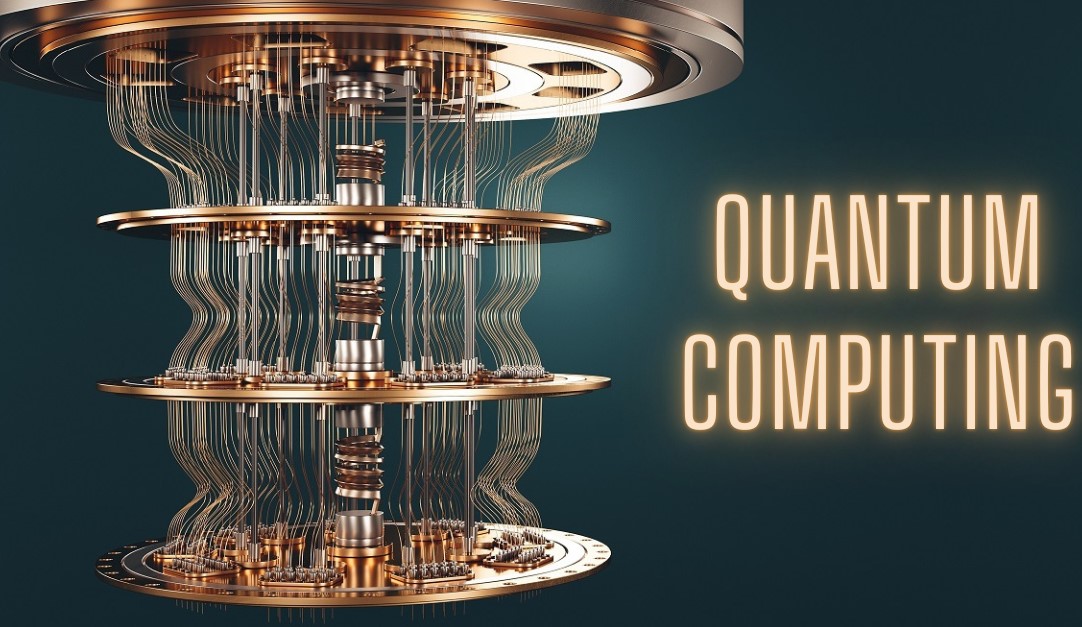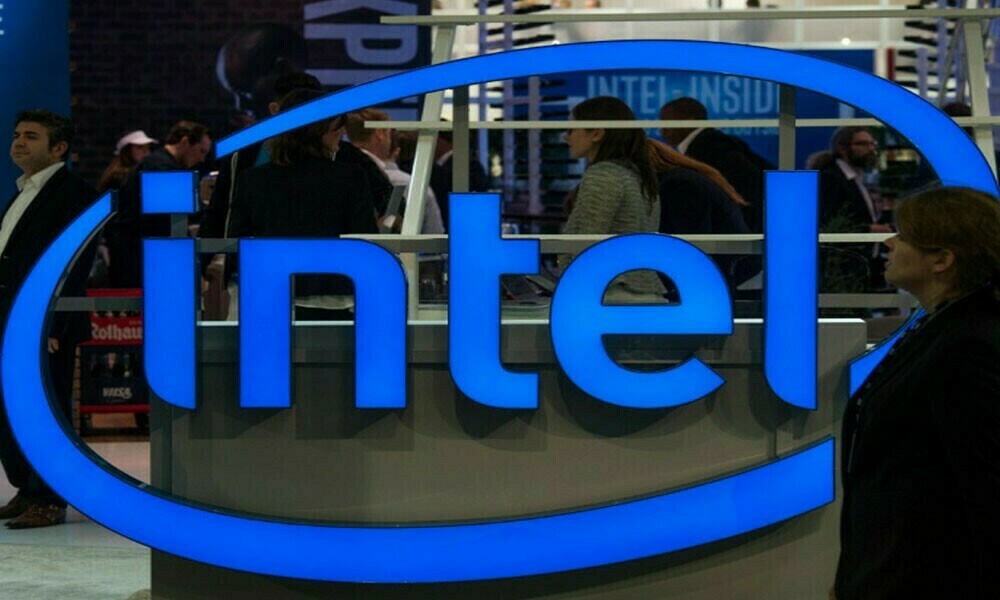The timeline for the advent of practical quantum computers could be significantly impacted by China’s room-temperature time crystals.
The United States, the United Kingdom, and the European Union are intensifying their efforts to advance quantum computing in the West in response to the discovery of what appears to be the world’s first room-temperature time crystals by scientists in China.
Peer-reviewed research was published on July 2 by a team of physicists, predominantly from Tsinghua University in China, with contributions from scientists in Denmark and Austria, that outlined the development and observation of room-temperature time crystals.
Quantum research laboratories in the Western world have announced a plethora of initiatives to expand their current efforts in the quantum computation field and establish new research partnerships in the month following the paper’s publication.
Room-temperature time crystals
In 2012, physicist Frank Wilczek introduced the concept of time crystals, a distinctive state of matter. They function similarly to other crystals, such as diamonds or snowflakes, formed when specific molecules form lattice-like bonds that repeat throughout space.
Nevertheless, the molecules in time crystals form a bond over time. A time crystal’s molecules oscillate between various configurations, resembling a GIF on a cycle, rather than settling into a crystalline structure that repeats.
In 2021, a quantum computer was employed by a global team of scientists in collaboration with Google’s quantum computing center to simulate time crystals.
This discovery illustrated the potential of quantum computers to investigate exotic states of matter and established the foundation for integrating quantum technology and time crystals.
In July 2024, the Tsinghua team successfully produced time crystals at ambient temperature. This, in theory, has the potential to be a significant accelerator for the development of practical quantum computers and to enable the use of time crystal technology in non-laboratory apparatus.
Quantum computing
The development of room-temperature time crystals can address one of the most significant challenges in the field: the development of stable qubits, essentially the quantum equivalent of classical computer bits, without the need for substantial quantities of power and infrastructure to construct and maintain.
Although the China team‘s work may not be directly related, the room-temperature time crystals paper has sparked renewed interest in quantum computing among laboratories and governments worldwide, particularly in the United States, the United Kingdom, and Europe.
In the United States, new initiatives have been implemented at both the national and state levels. The Federal Defense Department’s think tank, DARPA, and the state of Illinois have recently agreed to allocate $140 million each to establish a new quantum computing center in Chicago.
On July 31, the United Kingdom government disclosed its intention to allocate approximately $127 million toward establishing five quantum computing research centers, each directed by Oxford University.
The Massachusetts Institute of Technology and the University of Copenhagen announced a multimillion-dollar partnership on the same day to collaborate on developing quantum computing solutions and sharing research.



